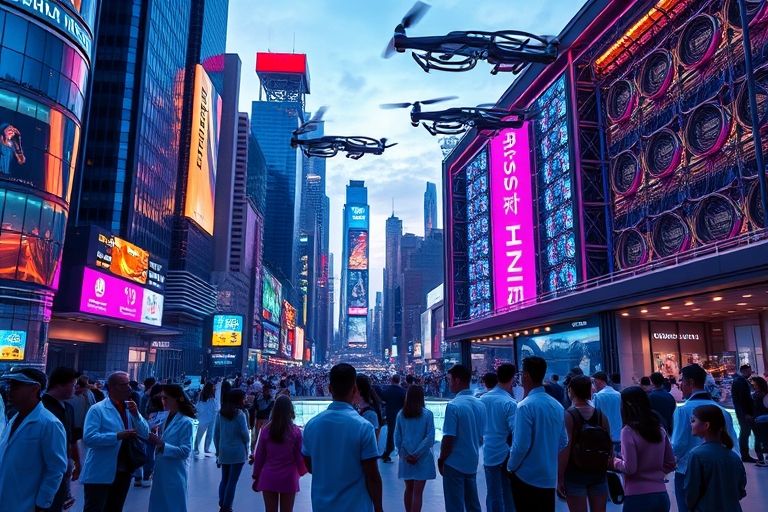The Future of AI: Emerging Trends and Predictions
Artificial Intelligence (AI) has become a buzzword in recent years as technology continues to evolve at an unprecedented rate. From self-driving cars to virtual assistants, AI has become an integral part of our daily lives, and it shows no signs of slowing down. In this article, we'll explore some of the emerging trends and predictions for the future of AI.
1. AI-powered Personalization
One of the key trends in AI is personalization. By collecting data on users' behavior, interests, and preferences, companies can tailor their products and services to meet their customers' needs. AI algorithms can analyze this data to provide personalized recommendations, advertisements, and content. For example, Netflix uses AI to recommend movies and TV shows based on users' viewing history.
2. Enhanced Customer Service
AI-powered chatbots have become increasingly popular in recent years as they can provide 24/7 customer support without the need for human intervention. As AI technology improves, chatbots will become more advanced and capable of handling complex queries. This will not only improve customer satisfaction but also reduce the workload of customer service representatives.
3. Autonomous Vehicles
Self-driving cars have been in development for several years, and they are expected to become more mainstream in the coming years. AI technology enables these vehicles to navigate roads, interpret traffic signals, and avoid obstacles. With the promise of reducing accidents, traffic congestion, and emissions, self-driving cars have the potential to revolutionize transportation.
4. Healthcare
AI has the potential to transform the healthcare industry. By analyzing medical data, AI algorithms can assist doctors in diagnosing diseases, detecting abnormalities, and developing treatment plans. Additionally, AI-powered robots can perform surgeries with greater precision and accuracy.
5. Cybersecurity
As cyber threats become more sophisticated, AI can play a crucial role in detecting and preventing cyber attacks. AI algorithms can analyze network traffic, detect anomalies, and alert security teams of potential threats. This can help mitigate the risk of data breaches and other cyber attacks.
How to Prepare for the Future of AI
To stay ahead of the curve, individuals and businesses must stay informed about the latest AI technologies and trends. Here are some steps you can take to prepare for the future of AI:
- Stay up-to-date with the latest AI news and developments
- Invest in AI technologies and tools
- Train your workforce in AI-related skills
- Collaborate with AI experts and thought leaders
Statistics and Facts
According to a report by Grand View Research, the global AI market size is expected to reach $733.7 billion by 2027, growing at a CAGR of 42.2% from 2020 to 2027. Additionally, a survey by McKinsey & Company found that 47% of surveyed companies have implemented at least one AI capability, and 30% plan to increase investment in AI in the next three years.
Conclusion
The future of AI is exciting and full of possibilities. From personalized experiences to transformative healthcare solutions, AI has the potential to improve our lives in countless ways. By preparing for the future of AI, individuals and businesses can stay competitive and make the most of this transformative technology.
